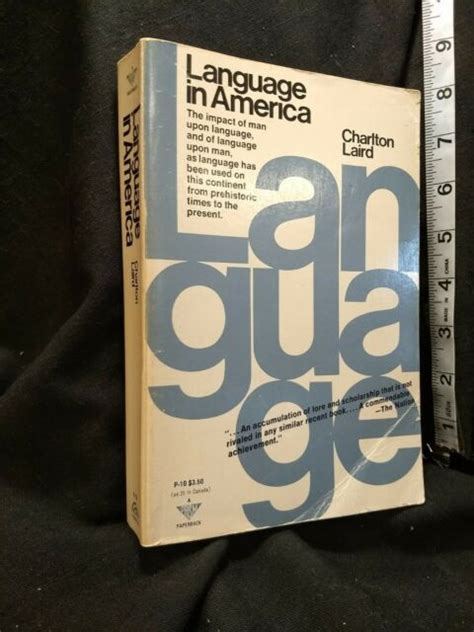A Quote by Ernest Hemingway
Madame, it is an old word and each one takes it new and wears it out himself. It is a word that fills with meaning as a bladder with air and the meaning goes out of it as quickly. It may be punctured as a bladder is punctured and patched and blown up again and if you have not had it does not exist for you. All people talk of it, but those who have had it are marked by it, and I would not wish to speak of it further since of all things it is the most ridiculous to talk of and only fools go through it many times.
Related Quotes
Daisy began to sing with the music in a husky, rhythmic whisper, bringing out a meaning in each word that it had never had before and would never have again. When the melody rose, her voice broke up sweetly, following it, in a way contralto voices have, and each change tipped out a little of her warm human magic upon the air.
Yes. The opposite of love is not hate. It is indifference. That is why few people find God. They go to church and talk about him and that sort of thing. They may even go out and evangelize and try to win converts. But in their hearts, if they are honest with themselves, they are indifferent to him because they cannot see him. God is too abstract for people. God is a word without meaning. If Jesus came back today, nothing he said would make any sense to those who wait for him. They would be the first ones to kill him again.
Whenever we remember a series of events, we remember them different. We are constantly changing. It's a flaw, but on the other hand, when we say a word, the meaning is not what you put into it. Rather, the meaning of the word is all of the past usages of that word. Like this cloud that makes up the meaning of the word. It's your subject if you write. For instance what you put in that word and what you assume it means, even its flaw. It has a general agreement.
An amoeba is a formless thing which takes many shapes. It moves by thrusting out an arm, and flowing into the arm. It multiplies by pulling itself in two, without permanently diminishing the original. So with words. A meaning may develop on the periphery of the body of meanings associated with a word, and shortly this tentacle-meaning has grown to such proportions that it dwarfs all other meanings.
Most of us lead far more meaningful lives than we know. Often finding meaning is not about doing things differently; it is about seeing familiar things in new ways. When we find new eyes, the unsuspected blessing in work we have done for many years may take us completely by surprise. We can see life in many ways: with the eye, with the mind, with the intuition. But perhaps it is only those who speak the language of meaning, who have remembered how to see with the heart, that life is ever deeply known or served.
If there is one word that describes the meaning of character, it is the word honor. Without honor, civilization would not long exist. Without honor, there could be no dependable contracts, no lasting marriages, no trust or happiness. What does the word honor mean to you? To me, honor is summarized in this expression by the poet Tennyson, "Man's word [of honor] is God in man."
the word 'justification' has itself had a chequered career over the course of many centuries of debate. As the major historian of the doctrine has noted, the word has long since ceased to mean, in ecclesial debates, what it meant for Paul himself - which is confusing, since the debates have gone on referring to Paul as though he was in fact talking about what they want to talk about. It is as though the greengrocer treated you to a long discussion of how onions are grown, and how best to cook with them, when what you had asked was how much he would charge for three of them.
I regret that I must so continually use the word genius, as if that should apply only to a caste as well defined from those below as income-tax payers are from the untaxed. The word genius was very probably invented by a man who had small claims on it himself; greater men would have understood better what to be a genius really was, and probably they would have come to see that the word could be applied to most people. Goethe said that perhaps only a genius is able to understand a genius.
A story is a way to say something that can't be said any other way, and it takes every word in the story to say what the meaning is. You tell a story because a statement would be inadequate. When anybody asks what a story is about, the only proper thing is to tell them to read the story. The meaning of fiction is not abstract meaning but experienced meaning.






































